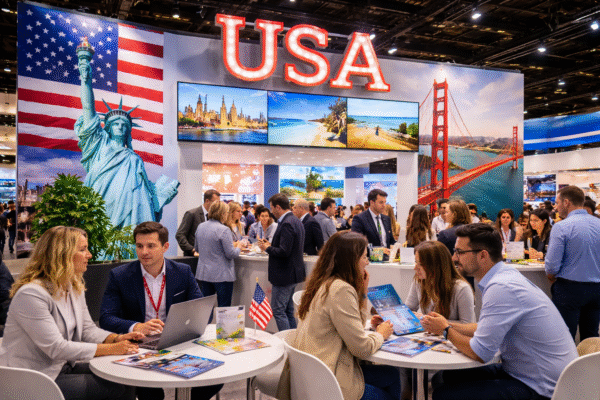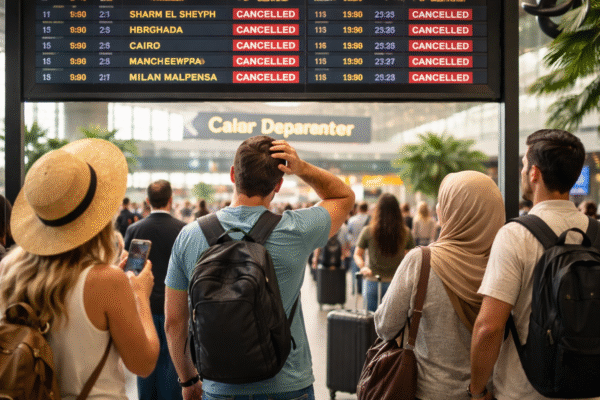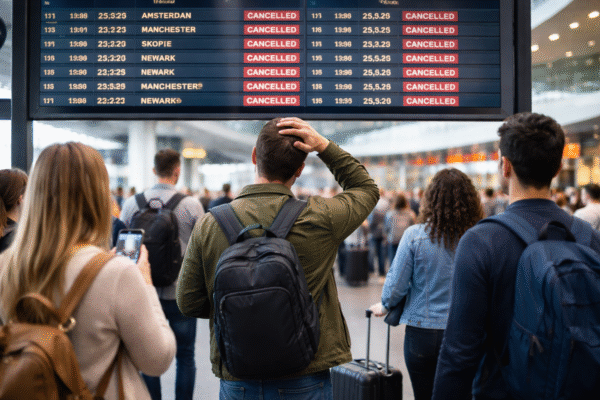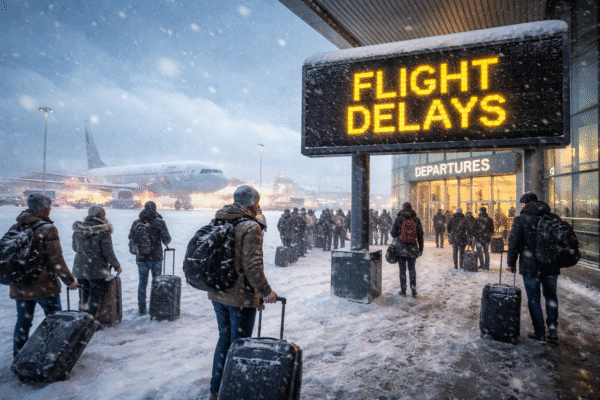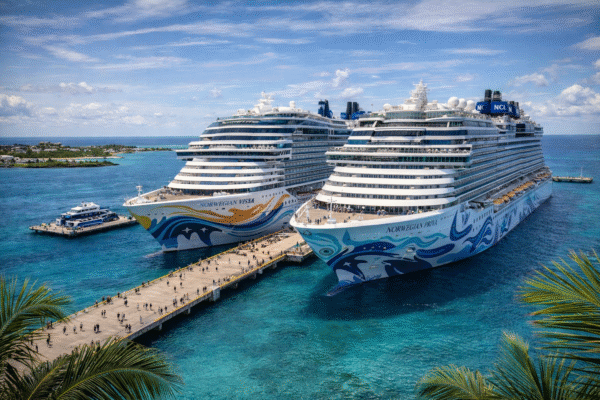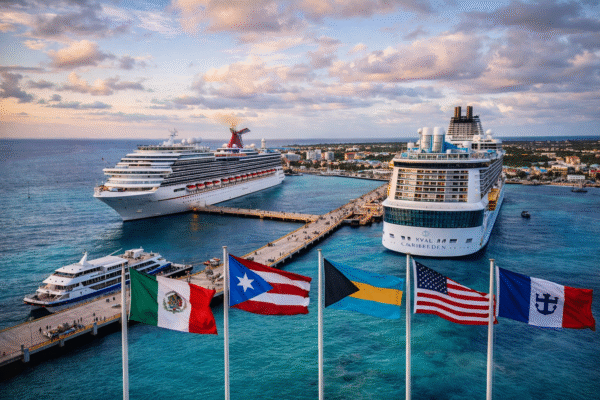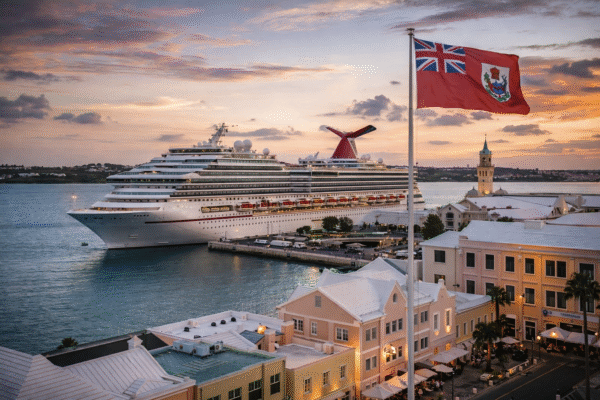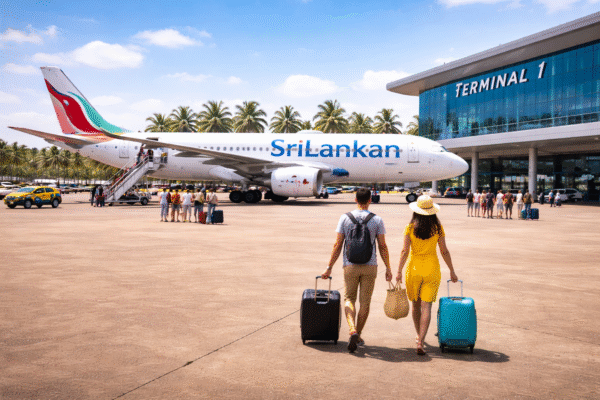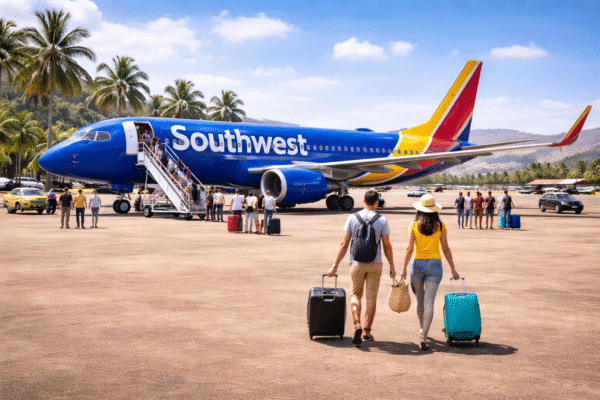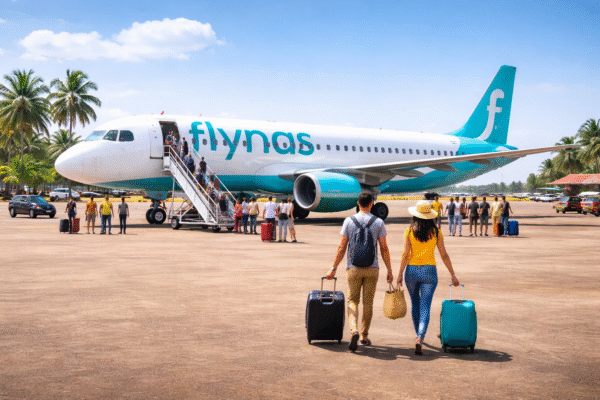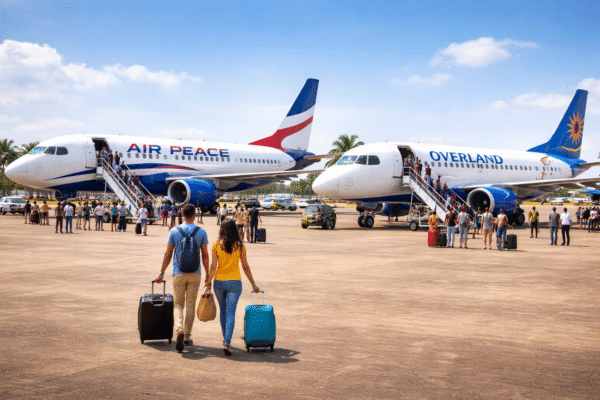Inaugural Ceremony Reflects Strategic Vision
On June 24, 2025, North Korean leader Kim Jong Un, accompanied by his daughter Kim Ju Ae, presided over the official opening ceremony of the Wonsan-Kalma Coastal resort. The ribbon-cutting event, held at the expansive beachfront property, was covered extensively by Korean Central News Agency (KCNA), which described the project as a “milestone in national tourism development.”
In his remarks, Kim called the Wonsan-Kalma Coastal Resort “one of the greatest successes of the year”, emphasizing its role in realizing a long-term vision to position North Korea as a competitive tourism destination. He added that this resort represents “the proud first step” in reshaping the country’s service economy and promoting tourism as a core industry.
Resort Features: A Blend of Comfort and Coastal Adventure
The Wonsan-Kalma Coastal Resort spans a vast area and is equipped to host nearly 20,000 guests. It features luxury hotels, cafeterias, and casual dining venues, offering a selection of local and international cuisine that reflects the country’s culinary culture. From fresh seafood to Korean specialties, the resort aims to provide a full-service hospitality experience.
The recreational offerings include:
- Beach access and designated swimming areas
- Water sports and boating activities
- Walking trails and hiking opportunities
- On-site sports courts and leisure centers
While foreign tourists are not yet permitted due to ongoing post-pandemic travel restrictions, local tourism is set to begin immediately, with the resort officially welcoming domestic guests from Tuesday, July 2, 2025.
Aims to Attract International Visitors in the Long Term
Though the resort will initially serve local travelers, North Korean authorities have expressed interest in gradually opening the facility to international visitors, particularly from neighboring countries such as China and Russia—markets that previously accounted for the majority of the country’s inbound tourism.
North Korea’s borders have been largely closed since early 2020 in response to the global COVID-19 pandemic, and there has been no official timeline for when international travel will resume. However, the completion of Wonsan-Kalma reflects the country’s readiness to re-enter the global tourism market once conditions permit.
Economic and Strategic Implications
The Wonsan-Kalma resort plays a key role in North Korea’s broader economic development strategy, with tourism positioned as a non-sanctioned industry that could provide valuable sources of foreign exchange. Given the limitations on exports and international banking, tourism has emerged as one of the few sectors capable of bringing in hard currency.
According to observers, the resort’s success will depend heavily on future access to foreign tourism markets, particularly China. Historically, Chinese nationals have constituted the largest share of foreign tourists visiting North Korea, and any potential reopening will likely focus on this segment first.
The government hopes that projects like Wonsan-Kalma can create jobs, promote infrastructure development, and enhance North Korea’s global image as a destination for controlled, safe, and unique cultural experiences.
Future Tourism Development Plans
The Wonsan-Kalma Coastal Resort is part of a larger vision that includes expanding tourism infrastructure across North Korea. Reports from state media suggest plans for additional resort developments in Masikryong, Mt. Kumgang, and other inland areas with scenic or historic significance.
These projects aim to diversify tourism offerings beyond coastal leisure, including ski resorts, heritage tours, and eco-tourism opportunities that could attract a broader international audience.
Challenges Remain for International Appeal
Despite the optimism surrounding the opening, several challenges remain. North Korea’s isolation from global systems, strict political environment, and limited information transparency pose hurdles for attracting mainstream tourism. Moreover, travel advisories from many nations and the lack of international payment systems may discourage casual travelers.
Security concerns and human rights criticisms also continue to influence how international travelers perceive North Korea as a destination. However, the government appears committed to advancing its tourism policy, with the Wonsan-Kalma Coastal Resort serving as a proof-of-concept for future projects.
Conclusion: A New Chapter in North Korean Tourism
The upcoming launch of the Wonsan-Kalma Coastal Resort represents a significant shift in North Korea’s tourism ambitions. With luxury accommodations, coastal charm, and a focus on showcasing national development, the resort is poised to become a cornerstone of the DPRK’s emerging tourism economy.
While much depends on the political climate and border reopening strategies, the resort demonstrates North Korea’s intent to build tourism into a sustainable economic pillar. For now, it stands as a symbol of the country’s effort to reimagine its economic future through hospitality and cultural engagement—one beach resort at a time.

